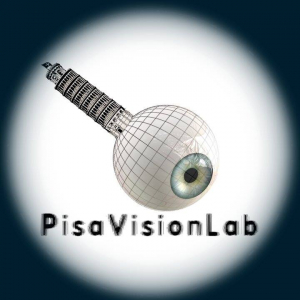2020
Castaldi, E., Turi, M., Gassama, S., Piazza, M., & Eger, E.
Excessive visual crowding effects in developmental dyscalculia
Journal of Vision, 20(8), 7–7
https://doi.org/10.1167/jov.20.8.7 Download
Visual crowding refers to the inability to identify objects when surrounded by other similar items. Crowding-like mechanisms are thought to play a key role in numerical perception by determining the sensory mechanisms through which ensembles are perceived. Enhanced visual crowding might hence prevent the normal development of a system involved in segregating and perceiving discrete numbers of items and ultimately the acquisition of more abstract numerical skills. Here, we investigated whether excessive crowding occurs in developmental dyscalculia (DD), a neurodevelopmental disorder characterized by difficulty in learning the most basic numerical and arithmetical concepts, and whether it is found independently of associated major reading and attentional difficulties. We measured spatial crowding in two groups of adult individuals with DD and control subjects. In separate experiments, participants were asked to discriminate the orientation of a Gabor patch either in isolation or under spatial crowding. Orientation discrimination thresholds were comparable across groups when stimuli were shown in isolation, yet they were much higher for the DD group with respect to the control group when the target was crowded by closely neighbouring flanking gratings. The difficulty in discriminating orientation (as reflected by the combination of accuracy and reaction times) in the DD compared to the control group persisted over several larger target flanker distances. Finally, we found that the degree of such spatial crowding correlated with impairments in mathematical abilities even when controlling for visual attention and reading skills. These results suggest that excessive crowding effects might be a characteristic of DD, independent of other associated neurodevelopmental disorders.
